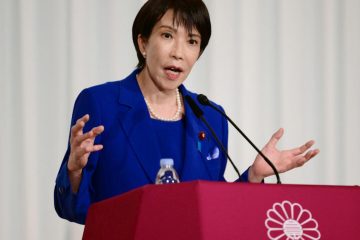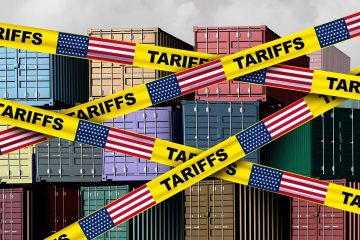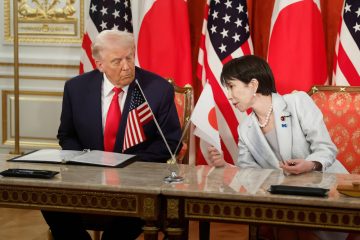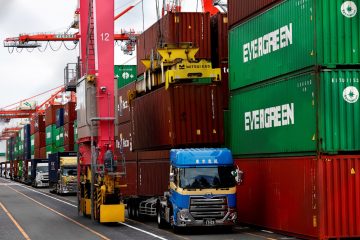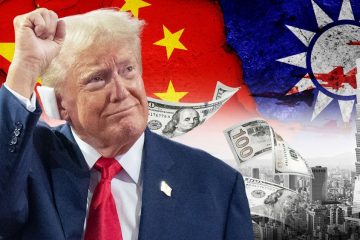Jingye’s British steel businesses are now under UK authority

The UK government has assumed control of British steel operations previously owned by Chinese firm Jingye. The UK government has assumed control of the nation’s final steelmaking factory, which produces steel from raw materials, following a decisive vote by lawmakers to approve an emergency rescue plan from its Chinese proprietors.
In a rare Saturday session, Prime Minister Keir Starmer convened lawmakers, marking only the sixth occurrence of such a sitting since World War II. The primary focus of this legislative gathering was to support a bill designed to prevent the Chinese owners of British Steel, Jingye Group, from shutting down the two significant blast furnaces at the Scunthorpe plant in northern England, which play a crucial role in the steelmaking process. The recently passed legislation, following royal assent from King Charles III, empowers Business Secretary Jonathan Reynolds to oversee the company’s board and workforce. This new law ensures that the 3,000 employees receive their wages and mandates the procurement of essential raw materials to maintain operations at the blast furnaces.
Jingye has reported that the Scunthorpe plant is incurring losses of 700,000 pounds ($910,000) daily, attributed to difficult market conditions and rising environmental expenses. The recent announcement by US President Donald Trump regarding the imposition of a 25% tariff on imported steel has not yielded positive results. Following the House of Commons’ approval of the bill via a voice vote, Starmer made a visit to Scunthorpe to engage with local workers. The sentiment among the workforce was one of palpable relief, as the preservation of the town’s steelmaking legacy, which spans approximately 150 years, has been secured. Starmer emphasized the crucial role that you and your colleagues have played in supporting British Steel over the years, highlighting the importance of acknowledging this contribution. “These are your careers, your livelihoods, your neighborhoods, and your loved ones.”
During the interval of Scunthorpe United’s soccer match, a palpable sense of relief swept through the town as the crowd at the Attis Arena rallied behind a select group of steelworkers on the field, showcasing community spirit and support. The team, referred to as The Iron, serves as a significant representation of the town’s identity. Starmer faced mounting pressure to respond following Jingye’s recent announcement to cancel orders for the iron pellets utilized in blast furnaces. The absence of these essential raw materials, including coking coal, poses a significant risk to the operational continuity of the furnaces. Experts indicate that without immediate access, the furnaces may face permanent shutdown within days, as the process of restarting cooled furnaces is both complex and costly.
The implications are significant for the UK, historically recognized as the steelmaking leader in the late 19th century. It would stand as the sole member of the Group of Seven industrial nations lacking the capability to produce steel from raw materials, relying instead on recycled sources that utilize more environmentally friendly electric arc furnaces as opposed to traditional blast furnaces. The potential consequences could be significant for sectors such as construction, defense, and rail, leading to increased reliance on foreign suppliers for what is termed virgin steel. This dependency has raised concerns among lawmakers across the political spectrum.
Reynolds addressed lawmakers, emphasizing that the UK cannot afford to remain passive as heat escapes from its remaining blast furnaces. He underscored the importance of planning, due process, and consideration of the consequences in this critical matter. Reynolds has expressed concerns regarding Jingye’s substantial demands from the government during recent negotiations, asserting that without governmental intervention, the company would have “irrevocably and unilaterally closed down primary steel making at British Steel.”
While the legislation stops short of transferring ownership of the plant to the state, Reynolds acknowledged that such a scenario could be a possibility in the future. The specific involvement of Jingye, which has owned British Steel since 2020, in the daily operations of the steelworks remains uncertain. Failure to comply with the new regulations could result in legal repercussions for the company and its executives.



